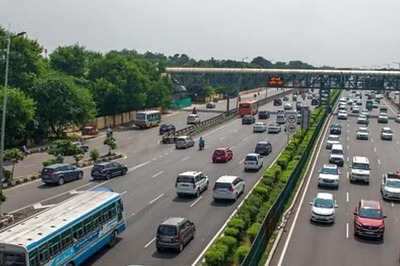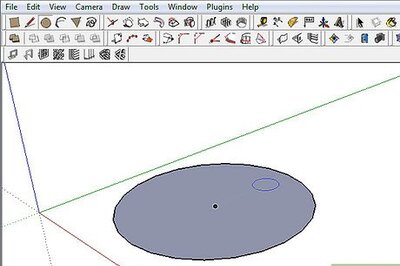
views
CHENNAI: Perarivalan, Murugan and Santhan, all sentenced to death in the Rajiv Gandhi assassination case, whose mercy petitions were rejected by the President and the execution slated for September 9, have moved the Madras High Court with writ petitions challenging the rejection order.Their counsel N Chandrasekaran on Monday made a plea before Justice N Paul Vasanthakumar for an early hearing and the judge said the matter would be heard on Tuesday. The matter will be placed before a division bench comprising Justice C Nagappan and Justice M Sathyanarayanan. Senior advocates and noted criminal lawyers from Delhi, including Ram Jethmalani, are expected to argue the case.Perarivalan sought to quash the Union Home Ministry’s rejection order dated August 12 and consequently for a direction to commute the death sentence to that of life term. The other two sought to declare the execution of the death sentence pursuant of the August 12 order of the Union Home Ministry as unconstitutional and to substitute the same with life imprisonment.Their interim prayer was to restrain the authorities concerned from executing the death sentence, scheduled for September 9.Their main contention was that there was an inordinate delay of over 11 years in deciding their mercy petitions and on this sole ground, they were entitled to the relief prayed for.In their individual writ petitions, the trio contended that they had suffered mental agony that was difficult to imagine. They had been swinging between life and death wondering when the hangman’s noose would close around their neck. Such torment was a punishment far worse than death. They had also undergone more than 20 years of incarceration. Hence, the execution of the death sentence after 20 years was unjust, inhuman and it would violate their right to life enshrined under Article 21 of the Constitution. There were several judgments of the Supreme Court and the Madras High Court in which judges had commuted the death sentence to life term due to delay in deciding the mercy petitions. In one judgment, the Supreme Court had held that the mercy petitions must be disposed of as expeditiously as possible, preferably within three months. They also cited the support from political parties, jurists, academicians, actors, lawyers and eminent people in the society.



















Comments
0 comment